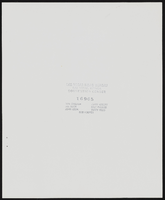Search the Special Collections and Archives Portal
Search Results
Lee, Rozita Villanueva, 1934-
Born in 1934 in Lahaina, Maui, Hawai'i as the seventh of seven daughters of a sugar plantation crew boss, Rozita Villanueva Lee recalls a privileged life, because when her father became a boss, the family got electricity, a telephone, indoor plumbing, and fluorescent lighting in their house. The camps were organized by nationality: the Filipino workers and their families lived in one camp, and the Japanese, Chinese, Portuguese, and "haole" workers and their families each lived in their own.
Person
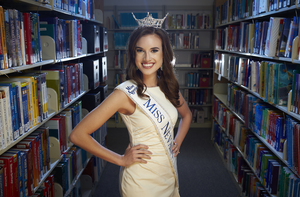
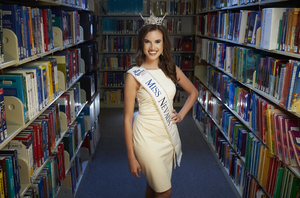
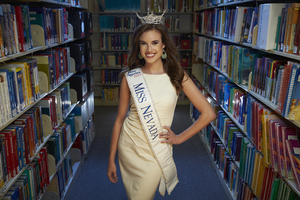
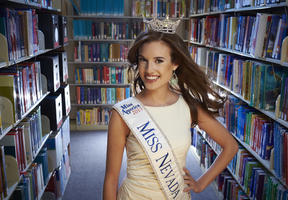
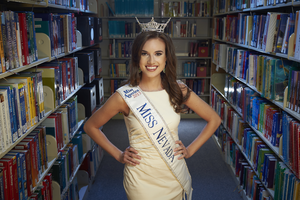
Pagination
Refine my results
Content Type
Creator or Contributor
Subject
Archival Collection
Digital Project
Resource Type
Year
Material Type
Place
Language
Records Classification

